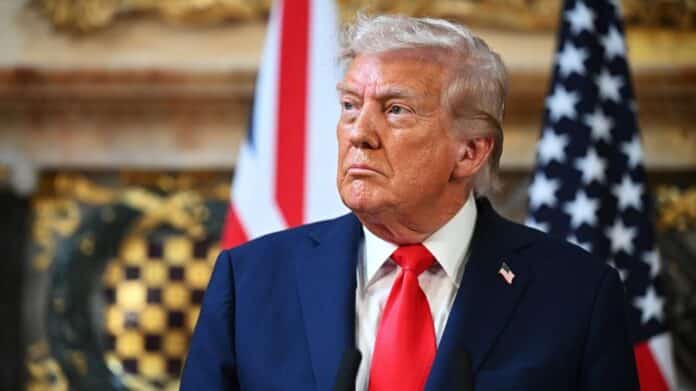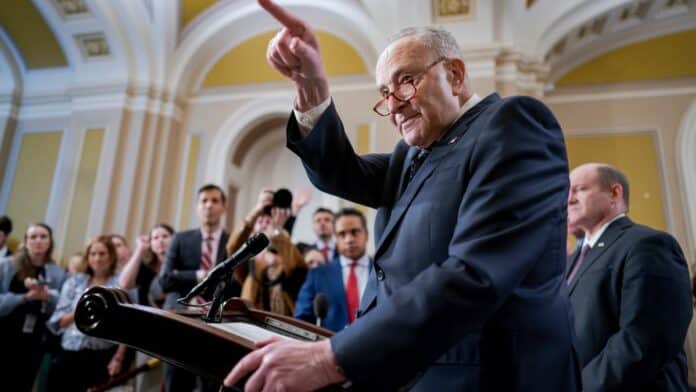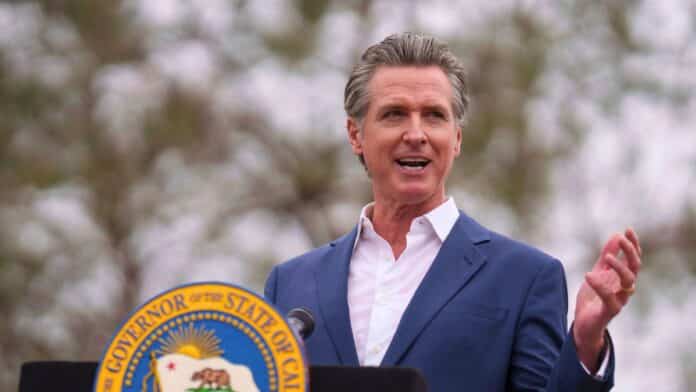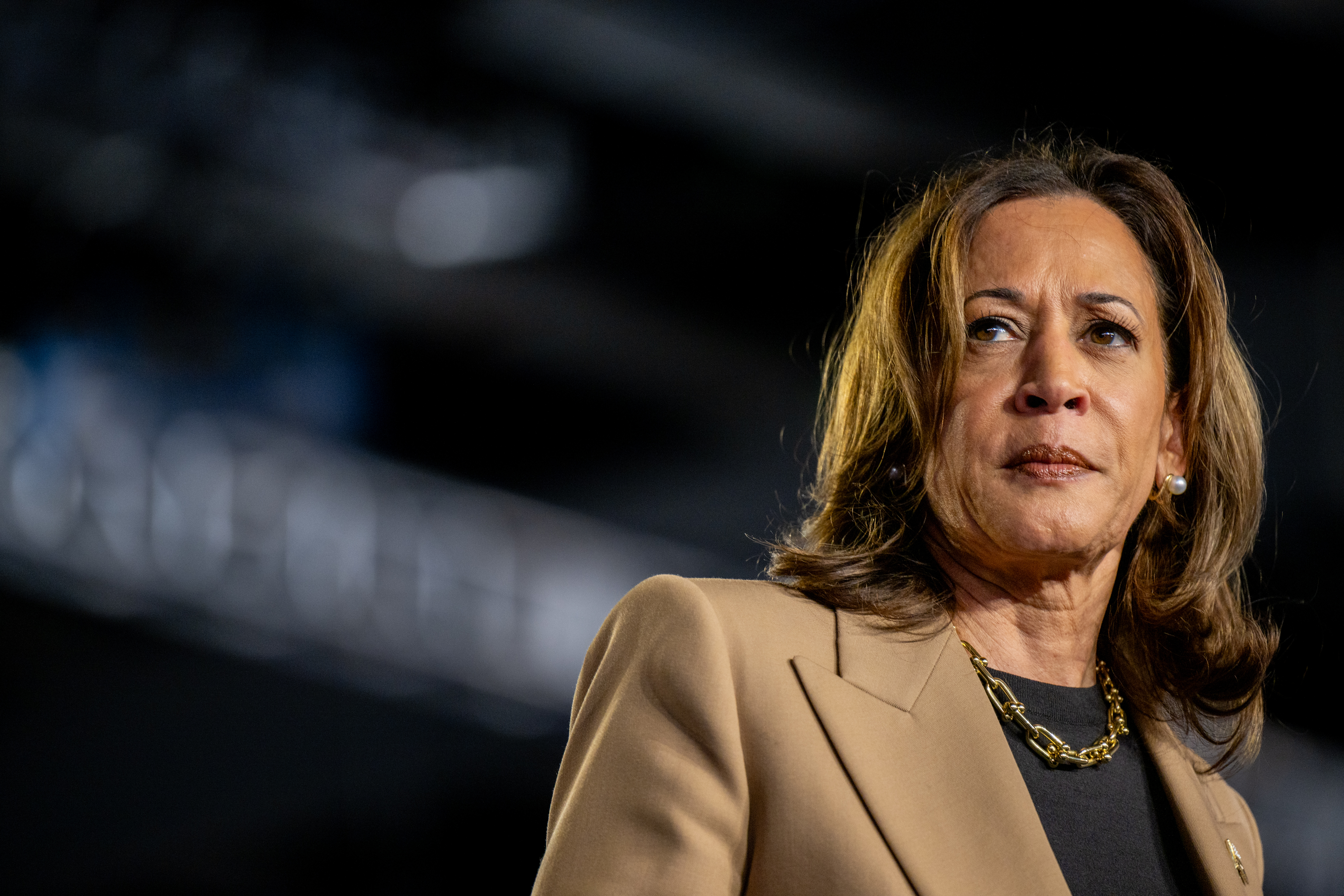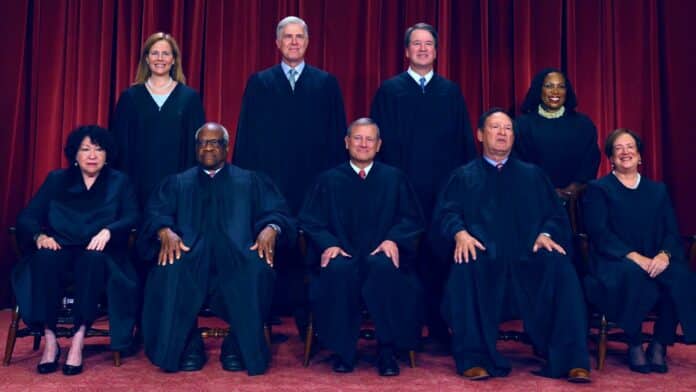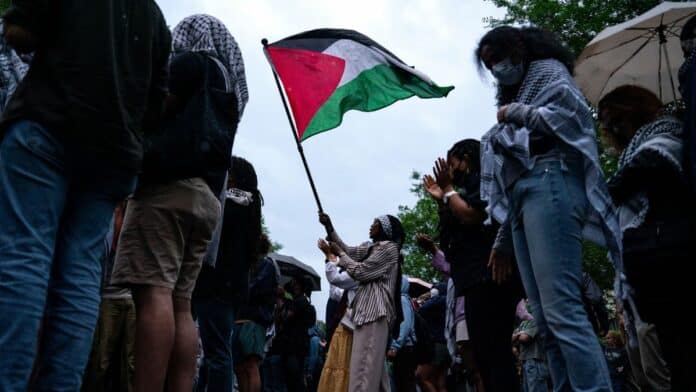President Trump issued a stern warning via Truth Social minutes before his imposed deadline, urging Hamas to accept a U.S.–brokered peace proposal or face “massive bloodshed.” He claimed talks had been “very successful” and invited technical delegations to reconvene in Egypt to finalize terms.
Earlier, Trump had given Hamas until 6 p.m. Sunday to accept the 20-point plan or risk severe action. If the deal collapses, he threatened that “all hell … will break out against Hamas.”
The plan calls for a ceasefire, a full exchange of hostages, disarmament of Hamas, Israeli withdrawal, and international oversight of Gaza’s governance. Hamas has agreed in principle to release all Israeli hostages but has not accepted disarmament or relinquishing control.
Trump’s escalation reflects the high stakes. By setting a hard deadline and invoking dire consequences, he seeks to pressure Hamas into swift compliance. Whether this hardline approach leads to peace or renewed conflict depends on Hamas’s response and Israel’s willingness to enforce terms.


